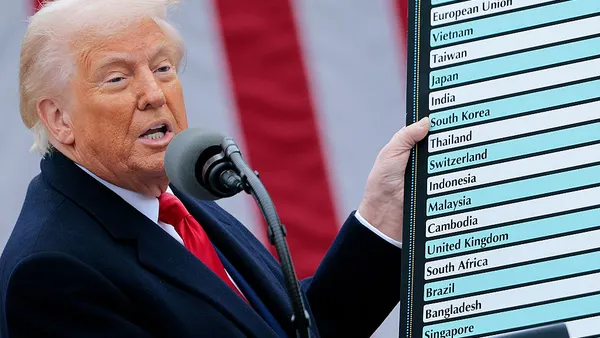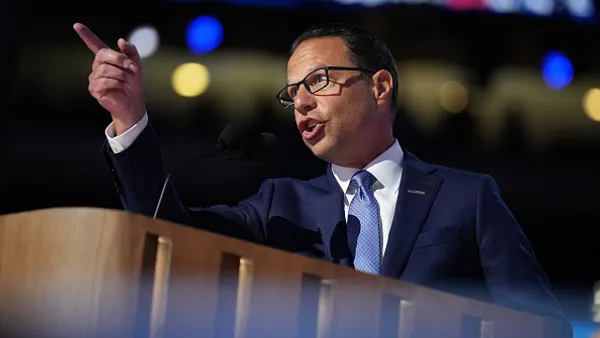Dive Brief:
-
Slow manual work and errors from the absence of automation are the main roadblocks to an efficient financial close process, say almost 90% of CFOs in a survey by financial close SaaS provider Trintech.
-
“Digital transformation is occurring at an accelerating pace, and the CFO and office of finance are expected to be the leaders in investing and achieving the benefits,” Omar Choucair, CFO of Trintech, told CFO Dive. “The opportunity to remove manual and inefficient processes from the financial close process is becoming a reality for more and more CFOs and controllers as they see the return on investment, and improve accuracy and efficiency.”
-
Over the next five years, completing quality work on time while also attracting and retaining talent are expected to be among the biggest CFO challenges, respondents said.
Dive Insight:
Process standardization and automation are key improvement areas among the 500 global CFOs and vice presidents of finance Trintech surveyed over the most recent quarter.
"Seventy-eight percent of companies at early stages of their digital transformation journeys faced enormous challenges their peers further along in their adoption of automation did not," David King, Trintech’s chief marketing officer, said in a statement. “The benefits of solving [automation problems] are now fundamental. There’s no going back to maintaining inefficient manual processes."
Of that 78% figure, 45% reported their automation is “still very basic” and extends to only being able to export spreadsheets from their ERP systems — a shortcoming made more crucial and visible during 2020.

Due to ineffective processes and technology, 51% of CFO respondents cited meeting deadlines and time pressures as their biggest challenge in the close process this past year.
“Add to that the office of finance was challenged with new expectations to provide timely, critical insights to drive strategic business decisions on top of their normal jobs,” Choucair said. “Those two things compounded together are why you see those results.”
Efficient remote work, which, in some capacity, is likely to be the norm going forward, relies on effective, agile technology.
“This is the reason CFOs must embrace the role of Tech Champion, and aggressively implement solutions that empower their teams to do their jobs,” Choucair said. “If the CFO is not leading the way for a digital transformation, the ‘fire-fighting’ mode will continue, [which] frustrates staff and eventually leads to losing valuable talent.”
Inconsistent processes and bottlenecks in the monthly financial close process drag down and delay financial reporting, Choucair said. Lack of standardization and automation negatively impacts the quality and accuracy of numbers, the support of remote work requirements and the insights CFOs need.
Prior to the pandemic, finance and accounting departments relied on manual processes, particularly when it comes to close. They lagged behind other business units in technology adoption, Choucair said, which set the scene for a complicated and time-consuming remote work set-up.
“A virtual financial close is more challenging when you rely on dated and siloed technological infrastructure,” he said. “When data comes from disparate sources and is manually processed, opportunities for delay and error increase. Add to that a team working in entirely different places, and there is a particular challenge.”
The key to driving tech adoption acceptance, particularly among finance and accounting teams, Choucair said, is to demonstrate how the technology is empowering, enabling accounting and finance staff to do more value-additive activities while removing the deadline pressure that accompanies manual processing.
The report has proven to Choucair that CFOs, especially over the past year, have led their organizations as advocates for prioritization of technology adoption to ensure timely and accurate data.
“It is incumbent upon CFOs to articulate the ROI associated with effective tech, and the higher-level need for strategic change across the company,” he added. “And CFOs must facilitate interdepartmental conversations across the wider organization. Large digital transformation projects are complex and program management is critical; CFOs are historically well-suited for leading this type of strategic change.”












